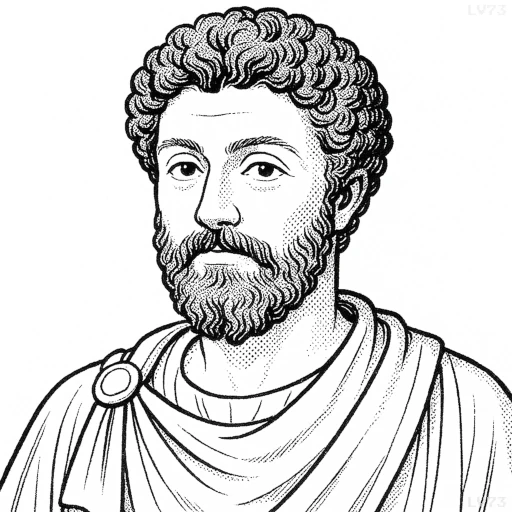“Let not your mind run on what you lack as much as on what you have already.”

- April 26, 121 – March 17, 180
- Roman Empire
- Roman Emperor
table of contents
Quote
“Let not your mind run on what you lack as much as on what you have already.”
Explanation
In this quote, Marcus Aurelius encourages us to shift our focus away from what is missing in our lives and instead appreciate the abundance of what we already possess. It’s easy to get caught up in a cycle of longing for things we don’t have—whether they be material possessions, achievements, or relationships—but Aurelius reminds us that true contentment comes from gratitude for what we already have. This mindset is a key element of Stoic philosophy, which emphasizes the importance of focusing on what is within our control, rather than dwelling on desires or circumstances that are outside of it.
Aurelius, a ruler and philosopher who faced immense responsibilities and challenges, knew that focusing on what we lack can lead to dissatisfaction and restlessness. Instead, he advocated for self-reflection and mindfulness, finding peace in the present moment and being grateful for the resources, abilities, and relationships already available to us. Today, this concept aligns with modern practices of gratitude and mindfulness, which are linked to improved mental well-being and happiness.
In practical terms, this quote encourages us to engage in regular reflection on the positive aspects of our lives, rather than fixating on unmet desires or external circumstances. For example, when feeling frustrated about not having reached a certain goal, we can remind ourselves to appreciate the progress we’ve already made, the skills we’ve developed, and the support we already have. Shifting our focus to what we do have can foster a deeper sense of contentment and peace, helping us move forward with more clarity and less attachment to what is beyond our reach.
Would you like to share your impressions or related stories about this quote in the comments section?


